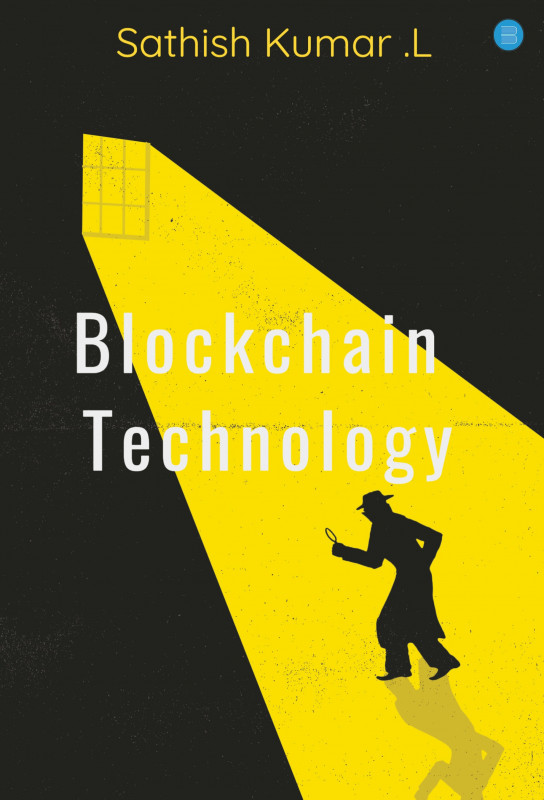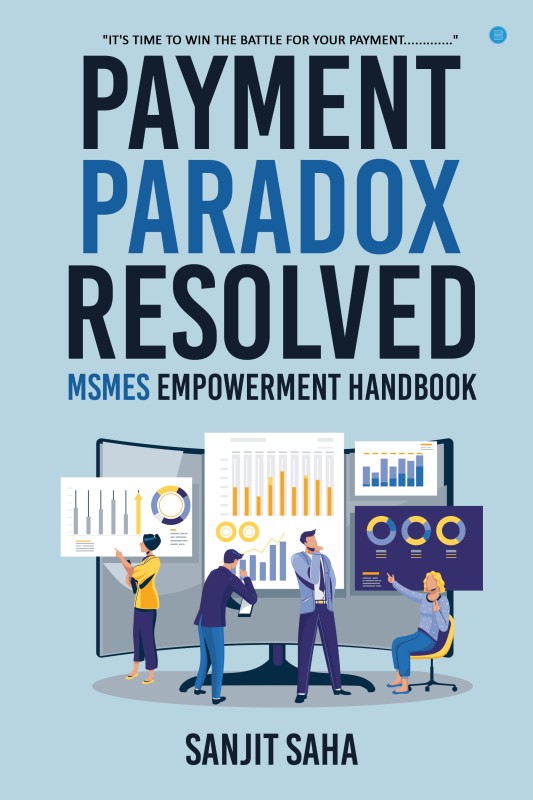Blockchain Technology
by Sathish Kumar .L | 28-Aug-2022
(0)
The common man was unaware of the potential and possibilities of blockchain technology as the Bitcoin and its market cap overshadowed the underlying technology. Later on, with the release of Blockchain 2.0, the focus got shifted from currencies to...
Original
Books
Fastest
Delivery
7-day
Replacement
Book Details
- Language : English
- Pages : 239
- ISBN : 9789356682436
- Genre: ACADEMIC
- Size : 6 x 9
- Binding Type : PAPERBACK
- Age Group: + Years
- Paper Type : WHITE PAPER
- Interior : BLACK & WHITE
- Cover : GLOSS FINISH
- Book Type : PAPERBACK
- Tags : Blockchain Technology,Academic
-
Best Sellers Rank :
#128 in Academics
#740 in Global
Reviews
There are no reviews for this product yet.

 USD
($)
USD
($) AUD
($)
AUD
($) CAD
($)
CAD
($) EUR
(€)
EUR
(€) HKD
($)
HKD
($) GBP
(£)
GBP
(£) SGD
($)
SGD
($)








